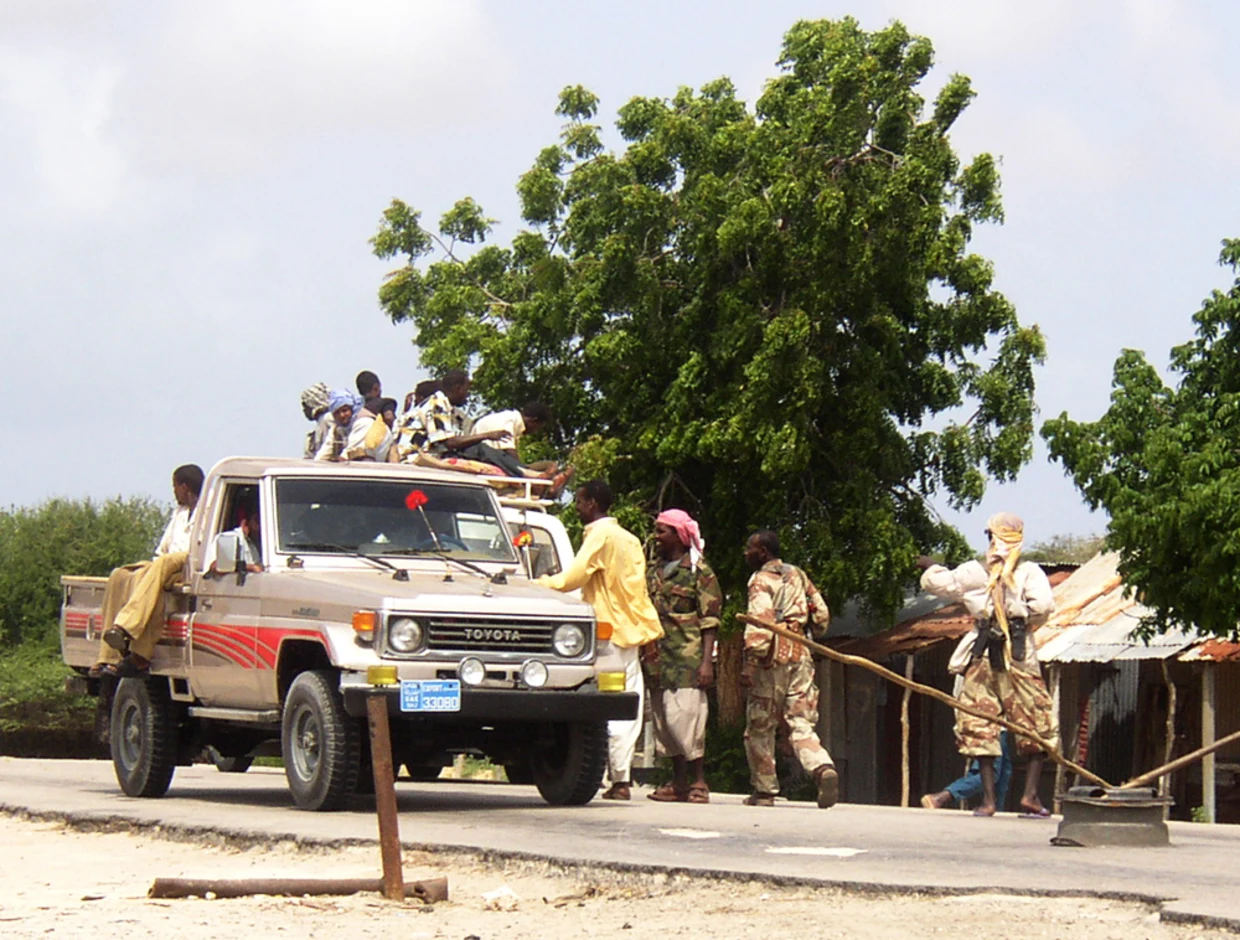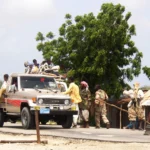The Mogadishu-Baidoa highway, a critical trade route linking Mogadishu’s port with Somalia’s productive southwest region and onward to Ethiopia and Kenya, is a lifeline for millions, including 600,000 internally displaced persons (IDPs) in Baidoa. Despite a nominal “reopening” in 2013, the highway has suffered over a decade of neglect, plagued by disrepair and a proliferation of illegal checkpoints. Over 30 such checkpoints, some as close as 7 kilometers apart, extract an estimated $50 million annually from road users. Al-Shabab controls the most lucrative of these, reportedly collecting over $10 million each year. Their imposition of a strict blockade on Baidoa in July 2023 further exacerbated the already dire humanitarian crisis.
Despite the stated aim of the African Union Mission in Somalia (AMISOM) to degrade Al-Shabab and secure the highway, their own Sector 3 supplies continue to be delivered by air. Similarly, the presence of a large US military base in Balidogle, located along the highway, has not prevented Al-Shabab from operating lucrative checkpoints nearby. While the UK has trained Somali National Army (SNA) forces in Baidoa and pledged support for reopening the road, the Federal Government of Somalia (FGS) is now planning a second phase of operations to eliminate Al-Shabab from South West State and Jubaland.
The Mogadishu-Baidoa highway’s deteriorated condition severely hinders economic development. Surprisingly, despite its classification as a high-impact project, it has been systematically excluded from major infrastructure investments. The road’s omission from African Development Bank/European Union-funded projects under the Somalia Regional Corridors Infrastructure Program (SRCIP), in favor of more secure areas, is particularly striking given its high rating for population served per kilometer.
Addressing the security challenges and improving the road infrastructure are urgently needed to facilitate the smooth flow of goods and services.








Leave a Reply